How RIAs can help ensure their next RIA custodian offers the support they need to succeed.
Let’s face it, migrating clients to a new custodial service provider sounds like a big task – and it is. It will require extra time and it can potentially be a disruption to a RIA’s business. However, if handled properly, a trained transition team should be able to mitigate the short-term impact on advisors and their clients, while setting the firm up for long-term success.
Here is the million-dollar question: how can you make sure the move is worth it? It comes down to evaluating the vendor’s technology and service.
Evaluating tech is pretty straight-forward: join a demo and get a picture of the provider’s suite of offerings, as well as their product roadmap. Judging approach to service is where things can get tricky.
When assessing service with a prospective RIA custodian, advisors should make sure they focus on three key points: transitions services, ongoing communication approach, and everyday support personnel.
1 - Transitions Services
Before a RIA can leverage a new vendor’s exciting technology tools, advisors have to tackle the transition… Repapering, communicating to clients, getting the team on-board – switching RIA custodians requires upfront work for potential long-term gain.
Regardless of how organized the advisor is, the transition will take some time and will rely, in no-small part, on the support offered by their new RIA custodial services provider.
RIAs should focus on finding a provider that would support their transition with:
- Experience: Support team members that specialize in transitioning RIAs. Registered investment advisors have their own unique sets of challenges and opportunities that can impact the transition, so having a project coordinator and dedicated transition team with deep experience serving RIAs can be a key to a successful move.
- Accessibility: Dedicated support team members that will work with the advisor hand-in-hand every step of the way. These team members should be accessible to the advisor any time of day throughout their transition.
- Advanced Technology: Your new custodial services provider should have proven solutions to streamline how the advisor transitions client account data. To this point, TradePMR recently launched an Account Transfer tool to help advisors transfer client accounts in bulk while limiting the opportunity for human error.
While initial sales conversations with a provider will focus on technology and other services, it’s important for RIAs to zone in on how the provider approaches the transitions process. A messy transition can have long-term impacts on a business and can start an advisor-vendor relationship up on the wrong footing.
2 - Ongoing Communication
Once a RIA is onboarded onto a platform, that’s when the real work begins. The day-in and day-out operations, what the advisor has been waiting for since they started the sales process.
What advisors may find is that once the papers are signed and the transition is complete, it could become harder to get support for their RIA.
Over the years, many vendors have made the move to prioritize automation over service. While this can be a money-saver for the vendors, it can create real issues for advisors. Without the right balance of automation and service, advisors may have access to quick answers to common questions but could struggle to find the support they need when a more complex issue arises.
Even if a firm finds the best RIA custodian to fit their business, things can’t go right 100% of the time. What’s important is for the advisor to find a firm that will be there when they need help. The new provider should be committed to earning an advisor’s business every day, not just during the sales process.
When evaluating a RIA custodian’s approach to communication and support, consider asking their team direct questions such as:
- When I have a question, will I be calling into a massive call center?
- If so, does the call center have a long phone queue or confusing menu?
- Or, will I be able to contact specific departments? What about specific support team members?
Diving into these points and how the custodial service provider invests in support can help paint the picture for how an RIA would work with the vendor day-in and day-out.
3 - Everyday Support Personnel
Beyond an approach to service and communication, it’s important that a RIA understands the types of support team members that they will be working with in an ongoing relationship.
Some RIA custodial service providers work with a broad range of advisors that operate all different types of businesses. Their offerings may take a more generalist approach to fit a broad range of needs. While this can make sense for a big-name custodian looking to serve as many advisors as possible, it isn’t necessarily a benefit to RIAs.
RIAs are a unique breed – they are entrepreneurs and face a specific set of challenges and opportunities. TradePMR understands this point intimately. In fact, TradePMR was founded by Robb Baldwin, a former RIA whose experience with poor service from his custodian led him to start the firm with a 100% focus on serving RIAs.
At TradePMR, all support team members exclusively work with RIAs – they have deep experience serving independent advisors and work to understand each firm’s unique value proposition and position in the industry.
When advisors call into TradePMR for support, they are met by team members who know them by name and are empowered to help. No long phone queues, just people on standby ready to help RIAs tackle their challenges and achieve their goals.
Cutting Through the Noise
The best way to dive into these points is to hear it straight from the horse’s mouth. When connecting with salespeople at a provider, ask for them to bring support team members into those conversations. This is an opportunity to connect with transitions staff as well as ongoing support personnel.
In these conversations, advisors should get candid.
Talk about past issues the firm has encountered and ask how this prospective provider would look to resolve those issues. Ask how the provider would communicate with the RIA on a daily basis, and how the support team members would respond in the event of an urgent issue.
If a prospective provider is hesitant to connect you with a support team member, that could be a sign that the service may not be up to snuff. If you’d be interested in learning if TradePMR could be the right fit for your RIA and would like to connect with members of our team to hear how we could work to support your firm every day, we should talk.







